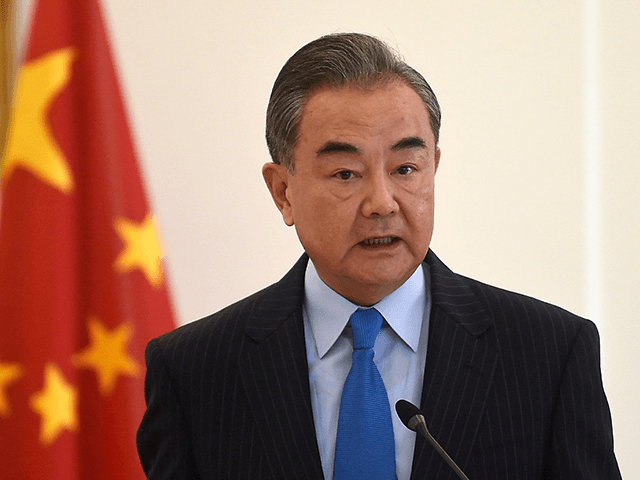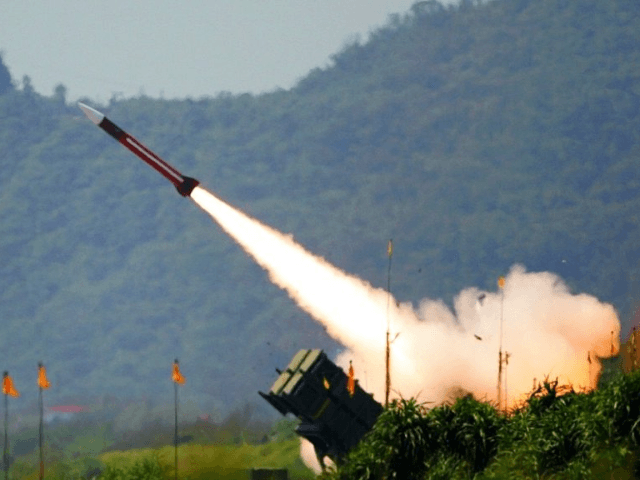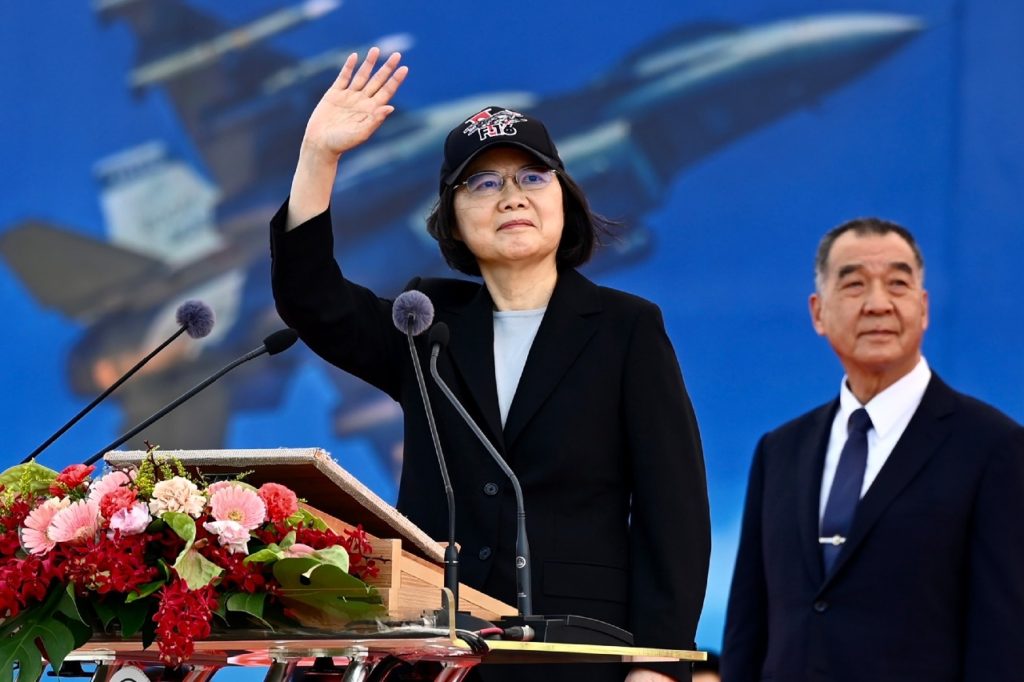The U.S. State Department on Monday approved a potential $100 million arms sale to Taiwan, including maintenance and upgrades on the island’s Patriot Air Defense missile systems.
“This proposed sale serves U.S. national, economic, and security interests by supporting the recipient’s continuing efforts to modernize its armed forces and to maintain a credible defensive capability,” said the U.S. Defense Security Cooperation Agency (DSCA), which is tasked with notifying Congress that such arms sales have been approved.
“In the face of China’s continued military expansion and provocative actions, our country will maintain its national security with a solid defense, and continue to deepen the close security partnership between Taiwan and the United States,” the Taiwanese Foreign Ministry said.
The arms deal was requested by Taiwan in 2019 and is scheduled to take full effect next month. It is actually the second deal for roughly $100 million in Patriot maintenance and upgrades to be approved this year, following a similar DSCA notification to Congress in February.
The deal was, unsurprisingly, condemned by China, which said it “severely harms US-China relations, and the peace and stability of the Taiwan Strait.”
“The US side should abide by the one-China principle and the three China-US joint communiques, cancel the above-mentioned arms sale plan, stop arms sales to and military contacts with Taiwan. China will take firm and robust s to resolutely safeguard its sovereignty and security interests.,” the Chinese Foreign Ministry warned Wednesday.

China’s State Councillor and Foreign Minister Wang Yi speaks during a press conference on October 27, 2021. (ANGELOS TZORTZINIS / AFP)
A furious editorial in China’s state-run Global Times on Thursday accused Taiwanese President Tsai Ing-wen and her Democratic Progressive Party (DPP) of betraying their people by purchasing weapons instead of paying for healthcare benefits.
Dismissing Tsai as a mere bootlicking “minion” of the United States, the Global Times warned the people of Taiwan that America and her allies cannot protect them from China, should it decide to attack:
After experiencing so many rounds of US arms sales to Taiwan and imports of US beef and pork containing ractopamine, and after closely observing the real performance of the US from the “Kabul moment” to the “Ukraine crisis,” more and more Taiwan people have truly realized that the US is unreliable, and the second-hand weapons sold by the US to Taiwan are even more unreliable.
…
A survey conducted by the Taiwanese Public Opinion Foundation in late March showed that the Taiwan public’s expectations toward “US intervention” once a military clash occurs in the Taiwan Straits decreased 30.5 percentage points compared to half a year ago. A total of 55.9 percent doubted the US will directly intervene. Another poll in the US showed that only 8 to 18 percent of US elites being surveyed support a direct military action against the People’s Liberation Army to defend Taiwan.
Contrary to the Chinese Communist Party’s menacing bluster, the Taipei Times noted on Thursday that U.S. allies in the Pacific are increasingly alarmed by Beijing’s belligerence and are taking steps to counter it:
On Tuesday, Australia announced that it was accelerating plans to buy long-range missiles, citing new threats posed by Russia and China, including a potential invasion of Taiwan.
“There was a working assumption that an act of aggression by China toward Taiwan might take place in the 2040s. I think that timeline now has been dramatically compressed,” Australian Minister for Defense Peter Dutton told Seven Network television.
The current state of affairs between China and Taiwan clearly reflects the Russian invasion of Ukraine, which China has refused to condemn. Some observers fear China will follow Russia’s lead and attack Taiwan while the world is preoccupied with the Ukraine conflict, while others wonder if China is losing confidence in its ability to capture the island as it watches Russia fare poorly in Ukraine.
The Hill on Wednesday tracked bills in both the House and Senate that would sanction China for threatening Taiwan. The House bill, introduced on Wednesday, includes a broader list of Chinese actions that would trigger sanctions, while the Senate bill includes more severe penalties.
“Why not be prepared and not have to respond after the fact the way we did previously?” said Rep. Frank Lucas (R-OK), sponsor of the House bill, referring to the Russian invasion of Ukraine.
“That’s what this piece of legislation is all about, saying up front that if under the Taiwan Relations Act the President informs Congress that there is a threat to the security of the social and economic system of the people of Taiwan, then let’s trigger provisions,” Lucas said.


COMMENTS
Please let us know if you're having issues with commenting.